
The President's hospital stay continues through a third day, with conflicting messages on his health and an escalation in therapy.

The President's hospital stay continues through a third day, with conflicting messages on his health and an escalation in therapy.
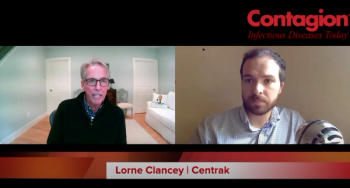
A discussion with an expert on the particularities of the vaccines, which vary in temperature climate requirements and dosages.
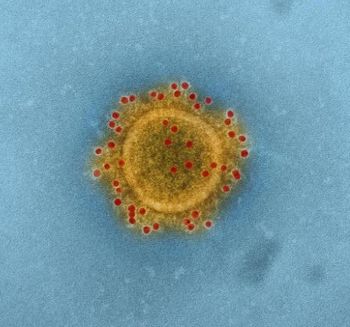
A collection of perspectives on how the virus is affecting patients outside of infectious disease.
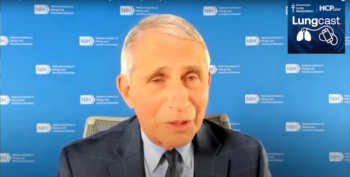
Why the AstraZeneca & Oxford University trial's pause due to an adverse event was a sign to Fauci the vaccine monitoring systems are working.

New CDC data showed adults aged 20-29 made up more than 20% of all confirmed cases from June-August of this year.
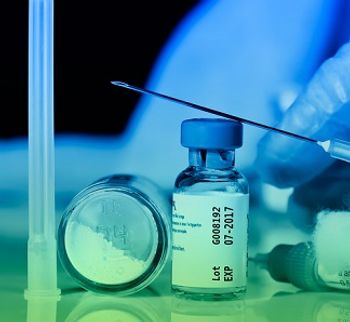
As concerns are raised about prospective vaccines and their safety and efficacy, infectious disease experts offer support and insights about the development process.
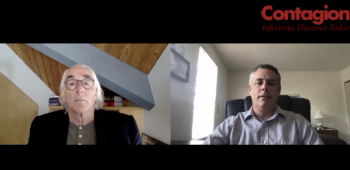
Aethlon Medical is developing its proprietary Hemopurifier, which is a therapeutic device designed for the single use depletion of circulating viruses.
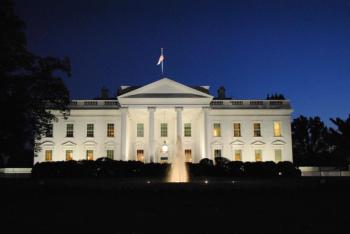
President Donald Trump broke the news last night via Twitter.

“Higher-quality” evaluations of these technologies are “urgently needed,” researchers say.
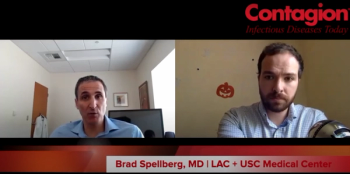
Brad Spellberg, MD, emphasizes his belief the Affordable Care Act needs to be retained so as long as the pandemic persists.

International collaboration, fast action, and mRNA platform technology led to phase 3 trials in record time—without compromise of safety standards.
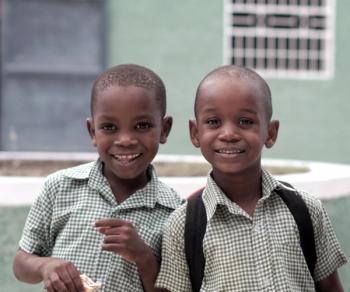
Putting these findings in the context of the ongoing coronavirus crisis was especially important, the study authors said.

A study found that 14% of them experienced cardiac arrest within two weeks of being admitted to the ICU.
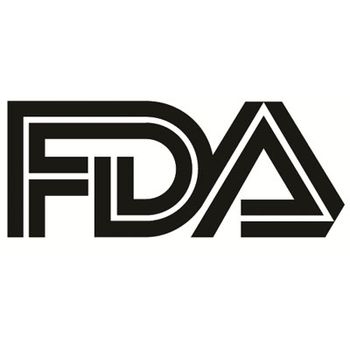
The agency requested data this week, following the pause of large-scale international assessment after a non-fatal serious adverse event was reported in a UK participant earlier this month.

Principal investigator Richard Becker, MD, director of the University of Cincinnati Heart, Lung and Vascular Institute discusses the phase 2 clinical trial for razuprotafib.
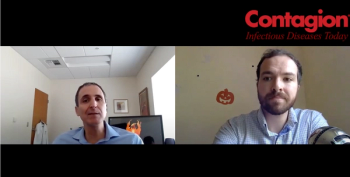
The country is split on certain strategies and a potential vaccine. Here's why the message needs to go from national to regional.

The test provides qualitative detection of nucleic acid from SARS-CoV-2 in oral saline rinse specimens, nasopharyngeal swab, and nasal swab specimens in a universal transport media, as well as nasal swabs collected in oral saline rinse.

Regeneron’s REGN-COV2 reduced the time to alleviate symptoms.
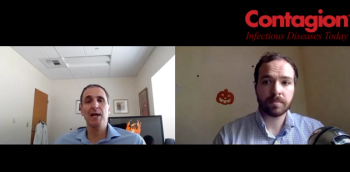
Brad Spellberg, MD, describes the inconsistent, impersonal messaging given to the public as cases begin to rise again.
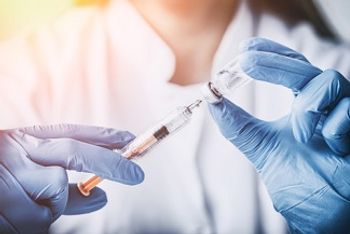
In a national survey, parents responded they would not be getting a vaccine for their kids during the COVID-19 pandemic.
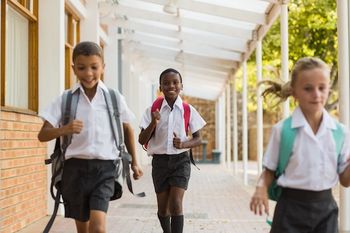
A panel of pediatric infectious diseases experts recommends supportive care only for children with mild or moderate COVID-19 and suggests remdesivir therapy for those with severe illness requiring supplemental oxygen.
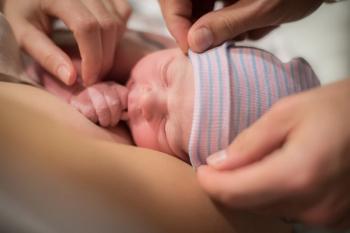
The study authors noted that Haemophilus influenza type b was alone in lower protective rates in the preterm infants after the booster shot compared to healthy infants.

Does a new model allow us to predict mortality in those hospitalized with COVID-19?
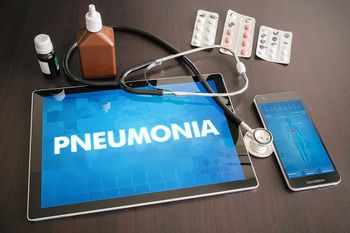
Shionogi announces approval of cefiderocol for hospital-acquired bacterial pneumonia and ventilator-associated bacterial pneumonia.
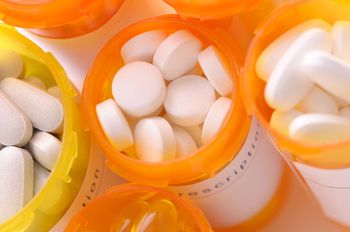
A Letter to the Editor in Journal of Infection suggests findings to date may not be as positive as they appear.
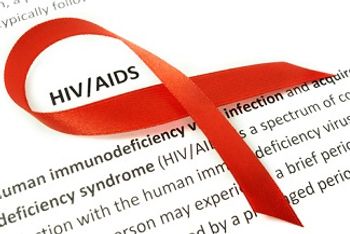
HIV stigma had different effects on the rate of HIV testing among men and women in rural Uganda, a new study found.

From acute kidney injury to children with ADHD, here's the latest research and discussions around the pandemic's effect on other specialties.
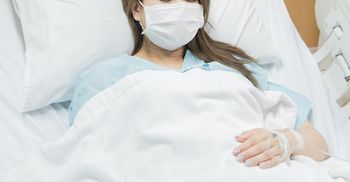
The study retrospectively observed more than 800 patients in the Maryland and Washington, D.C. area during March and April.
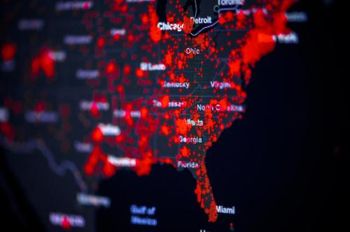
Stanford investigators suggest the findings could continually represent an accurate estimate of US antibody accrual.
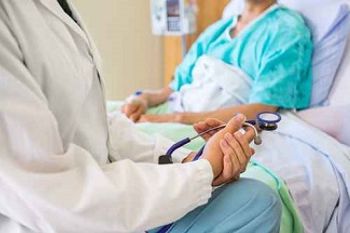
Apeiron Biologics reports on a case study related to COVID-19 related pneumonia.